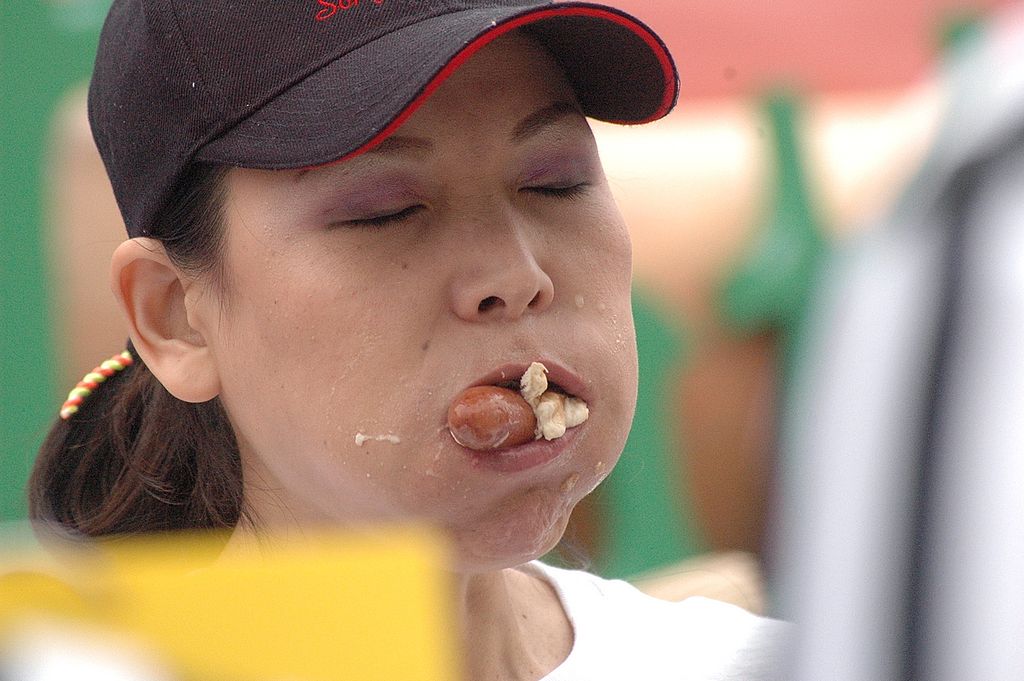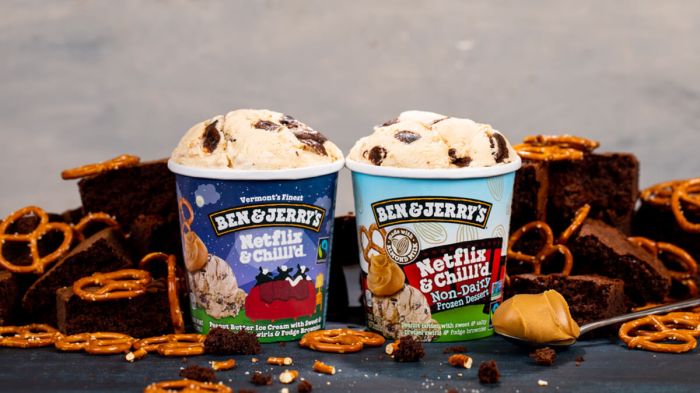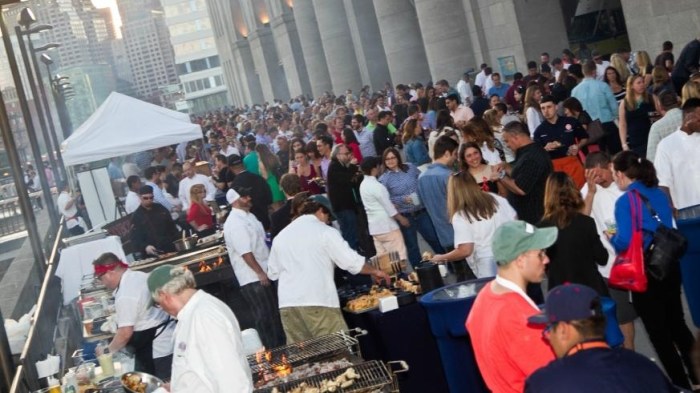This was a bad week for competitive eaters and Nathan’s Hot Dog Eating Contest is still three months away.
Two amateur speed eaters, states away, died Sunday trying to choke down food in the name of victory.
The takeaway?
“We always tell people, don’t try this at home,” said Dr. David C. Metz, of the University of Pennsylvania’s Perelman School of Medicine.
While technically not at home, neither 42-year-old Travis Malouff nor 20-year-old Caitlin Nelson had much experience in competitive eating.
Malouff was trying to eat a doughnut the size of a small cake in 80 seconds at a shop in Denver when he choked to death on the floor of the bakery.
Nelson, a junior at Sacred Heart University in Connecticut, was asphyxiated during a pancake-eating contest on campus.
Speed eating is actually more dangerous for inexperienced competitors like Malouff and Nelson, according to Metz. The gastroenterologist is one of a handful of doctors who have studied the effects of speed eating on the body.
In a 2007 experiment, Metz and his team studied a 35-year-old professional competitive eater and a 29-year-old “normal” guy, challenging both to eat as many hot dogs as possible in a 12-minute period. While the “normal” control subject only made it through seven hot dogs before he became so full he thought he would be sick if he took another bite, the professional eater downed 36 hot dogs before doctors actually stopped the test.
The man’s stomach, which they described as a “food-filled sac,” had stretched so far doctors were worried it would tear — yet the man reported no feeling of fullness or bloating.
As the stomach fills with food, it triggers a hormone response to signal your body that it is full, Metz said. If you keep eating, you risk choking or vomiting.
“The bottom line is when we studied these two, the speed eater had the ability to inhibit the reflexes in his esophagus and allow it to become a conduit from his mouth to his stomach. His stomach expanded and relaxed to allow a large volume of food without pain, nausea or vomiting.”
This isn’t how most people’s bodies work, and when pushed to the limits, there is greater risk of choking, or tearing the stomach or esophagus, Metz said, condemning contests that challenge participants to overindulge quickly for a prize.
“It seems like an easy thing, a great, fun experience, but it’s dangerous,” he said.
Besides the immediate dangers of consuming as much food as possible as quickly as possible, Metz said it sends the wrong message in terms of nutrition and health.
“In this world where obesity is a major epidemic in America, to praise the ability to overindulge in calories is probably the wrong message to give,” he said.



















